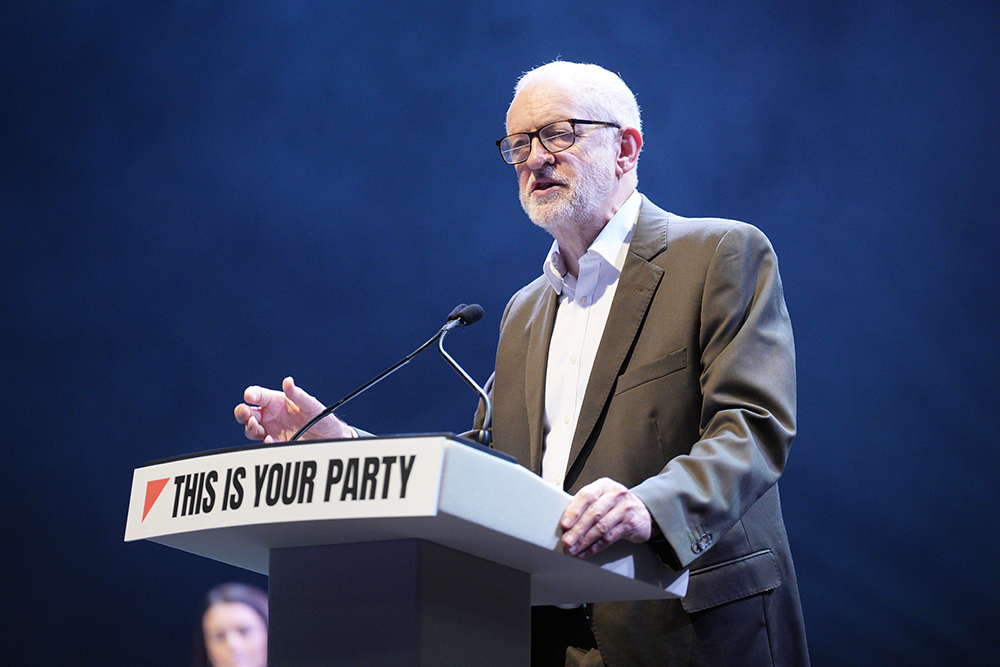Virtually every aspect of London has changed beyond recognition in the past nine hundred years, but there has been one certainty: Smithfield Market, the city’s most famous and longest established meat market. Now even this great feature of London life looks set to be no more. The City of London Corporation has voted to withdraw support for Smithfield and Billingsgate fish market, meaning that the two markets will close permanently from 2028. The decision shows a reckless disregard for London’s history.
Now even this great feature of London life looks set to be no more
A market was first reported existing at Smithfield in 1133, and it gradually expanded in reputation, size and noise over the next seven hundred years. Charles Dickens wrote of it in Oliver Twist that: “It was market morning. The ground was covered, nearly ankle-deep, with filth and mire… the bleating of sheep, the grunting and squeaking of pigs… the shouts, oaths and quarrelling on all sides… rendered it a stunning and bewildering scene.”
Yesterday saw a similarly stunning and bewildering scene; the City of London Corporation held a shadowy private vote, from which members of the public and journalists were excluded, in which they ratified their decision not to move the market to a planned new site in Dagenham and confirmed their earlier intent not to continue Smithfield’s existence as a meat market. Its traders, who supply many of the country’s best restaurants, will be handsomely compensated and bought out of their leases – which, in some cases, have been handed down from one family member to another. It is estimated that this will cost the Corporation more than £300 million, before the market is finally closed.
When the market closes for good, its fate, presumably, is for it to become another part of London’s much-lamented past. Part of the Smithfield site has been earmarked for the new premises of the Museum of London. Presumably, future visitors will walk around the museum and marvel at the way in which, once upon a time, carefully selected parts of dead animals were sold by farmers and butchers to chefs, restaurateurs and even the odd hardy member of the public, who was happy to visit the market in its nocturnal opening hours of midnight until 7am before enjoying an early morning breakfast and a pint at one of the (increasingly few) surviving pubs nearby.
It has been suggested that, as our carnivorous habits fall into decline, there is no longer any need for a specialised meat market such as Smithfield. Perhaps it will do us all good to find vegan substitutes somewhere else, probably in some hipster enclave of Stoke Newington or similar. But this isn’t good enough. Smithfield is not just a commercial enterprise, it’s an authentic part of traditional London. This history is disappearing rapidly year by year. Instead, London is being homogenised into a bland, identikit global city that features the same shops, entertainment outlets and brand names as any other major urban centre. The decision to shut Smithfield is nothing less than a desecration of London’s individual history and traditions.
People will care, of course. There will be an outcry, and probably a petition. The City of London Corporation will put out a press release or two, and count the days off until 2028, when this is no longer their responsibility. But the game is now up, unless a miracle of some kind happens.
Shutting Smithfield is a tragedy, not just for discerning carnivores who actually care about the provenance and welfare of the meat that they eat, but for anyone who has personal or emotional investment in a city that is being sold off to the highest bidder piece by piece. Moving the market to Dagenham would have, at least, been something, but with this option off the table, another slice of tradition has been besmirched. London will forever be poorer for its absence.







Comments